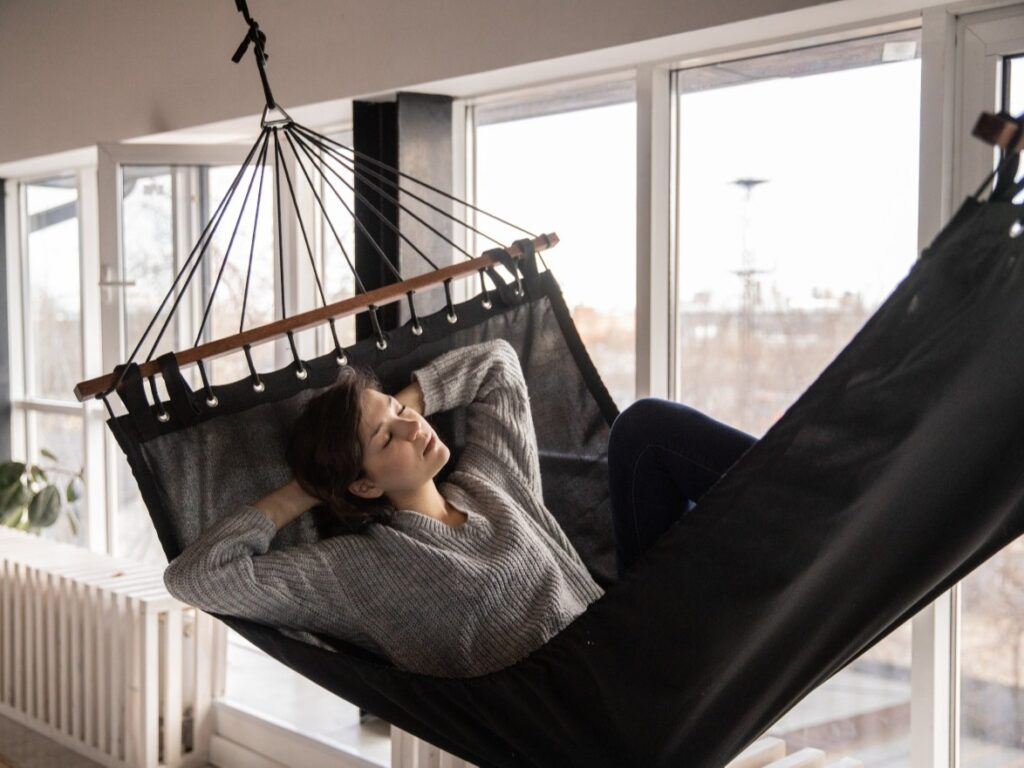Alaskan Winters: How to Cope with Seasonal Affective Disorder
- Category: Sleep
- January 23, 2021
Seasonal Affective Disorder (SAD) affects nearly 10% of Alaska’s population, a stark contrast to regions closer to the equator, where only about 1% of people are affected. SAD primarily strikes during Alaskan winters when the long, dark days can bring on depression, anxiety, and lethargy. The lack of sunlight leads to feelings of hopelessness and low energy, making it difficult for those affected to maintain a positive outlook.
One of the most effective ways to combat SAD is by using a light that mimics natural daylight. These are often called “SAD lamps.” They simulate sunlight and help to reset your body’s internal clock, boosting your mood and energy. Many healthcare professionals recommend using these lamps alongside therapy or medication, depending on your individual needs. Beyond that, there are daily lifestyle changes that can help keep you above water.
Keep an Active Routine
During Alaskan winters, the best defense against SAD is a solid routine. Build a schedule of healthy habits and stick to it. Get as much sunlight as possible. Even brief moments of exposure can make a difference. Regular exercise is crucial—getting your heart rate up for just 30 minutes a day can lift your spirits. Try indoor sports, yoga, or even online workout classes. A personal trainer online can help if you prefer guidance.
Incorporate other engaging activities into your routine too. Try cooking new recipes, start an art project, or pick up a skill you’ve been wanting to learn. Even reading a book, chapter by chapter, can give you something to look forward to. Focus on activities that make you feel good and help you stay grounded.
Self-Care is Key
Alongside your routine, it’s essential to be kind to yourself. If you notice negative thoughts creeping in, take a break. Pamper yourself with small comforts like a warm bath or your favorite treat. Revisit a happy memory or allow yourself a night off from stressful tasks. Treat yourself like you would a friend who’s struggling.
However, be mindful not to fall into the trap of overindulging. There’s a fine line between taking a break and letting yourself spiral into inactivity. Check in with yourself regularly. If you find that self-care isn’t enough to lift your mood, don’t hesitate to reach out for help.
Don’t Isolate Yourself
Isolation is one of the biggest challenges during dark Alaskan winters. It’s much easier for depression and anxiety to set in when you’re alone with your thoughts. These emotions are chemical reactions in the brain, and you might not be able to manage them on your own. Reach out to friends, family, or professionals for connection. Talking about your struggles can lessen the weight and provide comfort from others when you need it most.
You can also build social habits into your routine. Join a virtual book club, schedule weekly chats with friends, or even play an online game with others. Small social interactions, even if they’re brief, can make a significant difference to your mental health.
Reach Out for Professional Help
If you find yourself feeling overwhelmed, don’t hesitate to seek professional help. Connecting with a therapist can help you release negative emotions and build a plan for managing stress. They can help guide you through lifestyle changes and stop you from turning to unhealthy coping mechanisms like substance abuse.
For those who need more comprehensive support, reaching out to a treatment center can be life-changing. These centers can connect you with resources, medication, and a network of people who support one another through difficult times.
Conclusion
Alaskan winters are tough, but you don’t have to face them alone. Prioritize your mental health by sticking to a routine, practicing self-care, staying socially connected, and reaching out for professional help when needed. Taking care of yourself is an investment in your future well-being.



